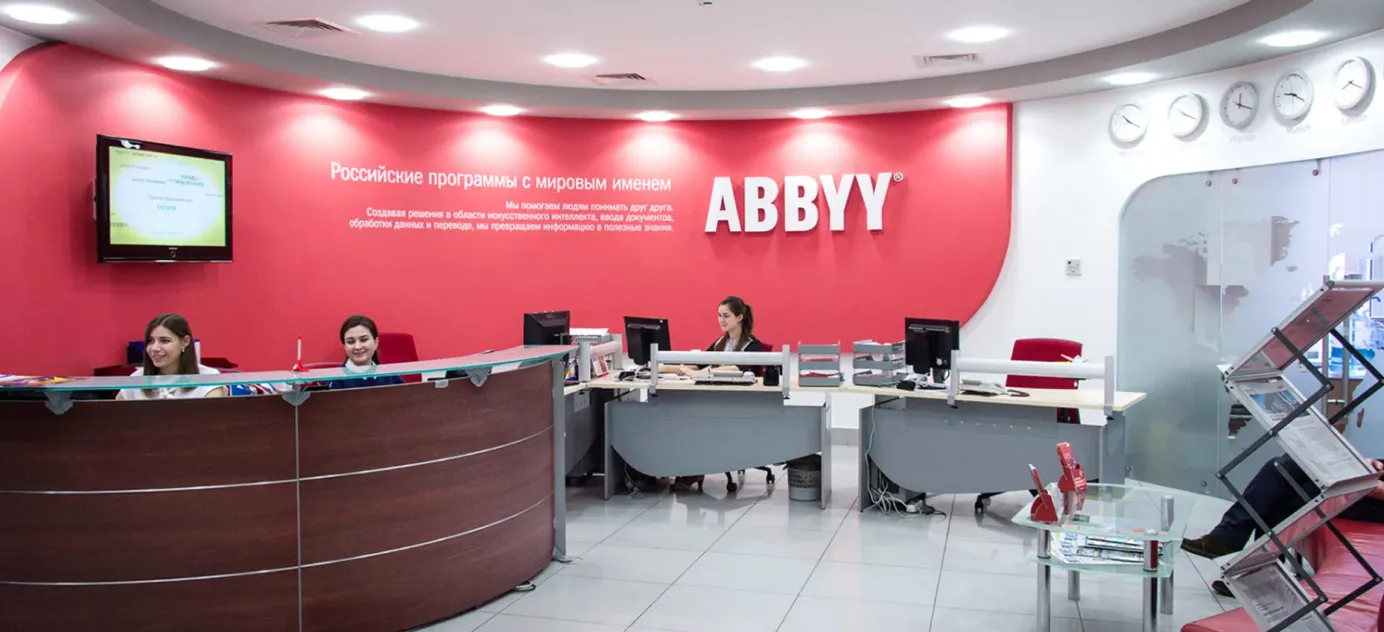
Volozh against the war
Arkady Volozh, co-founder of Russian tech giant Yandex, spoke out last week against “Russia’s barbaric invasion of Ukraine.” His statement came after 18 months of silence during the war, surprising Yandex, where Volozh is the de jure boss as part of a collective management group. Volozh is only the second major Russian businessman to speak publicly against the war. However, experts are sure that his business has little realistic influence in this situation.
Volozh issued his statement on Aug. 10. “Russia’s invasion of Ukraine is barbaric, and I am categorically against it. I am horrified about the fate of the people in Ukraine — many of them my personal friends and relatives — whose houses are being bombed every day. Although I moved to Israel in 2014, I have to take my share of responsibility for the country’s actions,” he wrote.
Volozh is only the second significant Russian businessman to condemn the war openly and unambiguously. The first was Oleg Tinkov, a banker and U.K. resident, who angrily spoke out against the war back in the spring of 2022 and subsequently, he claims, was forced to sell his bank at a huge discount to Kremlin loyalist Vladimir Potanin. Last summer, Tinkov said that he expected similar statements from two other businessmen — Volozh, and the founder of the Magnit supermarket chain Sergei Galitsky.
The Yandex founder is one of a small group of Russian businessmen who have been expected to take an anti-war position since the invasion in Feb. 2022. Partly because his opinion was obvious, and because Volozh is a rare example of a Russian billionaire who made his money without state help.
The immediate spark for Volozh’s statement was the scandal that blew up when journalists found a statement on his personal website where he describes himself as “an Israeli businessman born in Kazakhstan” and barely mentioned Russia. Two sources told The Bell that Volozh took the criticism hard. But they do not believe that his comments were an impulsive reaction: “In the past year there were dozens of times when Arkady wanted to speak out, but each time there was something that could be harmed by [his statement],” one of them explained to The Bell.
Volozh also has practical reasons for speaking against the war. Since 2022, he has been on the EU sanctions list. The businessman has also spent more than a year trying to broker a deal that would let him give up his controlling stake in the Russian part of Yandex, freeing him to develop a separate international business. That deal appears to be on the brink of collapse, and its final failure could be another reason for Volozh’s statement.
This does not mean that a deal over Yandex is dead in the water, nor that Volozh’s shares (he holds 45.3% of voting shares via his family trust) are worthless. Two sources familiar with the situation told The Bell that nationalizing Yandex is a big risk. While Volozh would lose his stake, so would several foreign shareholders. One source argued that nationalization could end all of Yandex’s international business. Yandex is very different from Danone: nationalizing factories is one thing, but nationalizing brains is very different.
So far, the Kremlin has not reacted to Volozh’s statement. State media mentionedit, emphasizing that the businessman “is currently supporting Russian engineers who have left the country.”
Could business halt the war?
Economists and analysts questioned by The Bell believe that in today’s Russia, businesses have little influence. “It’s hard to imagine that we’ll see businessmen on the barricades. As a rule, they tread very carefully and avoid any direct confrontation with the authorities,” said political scientist Vladimir Gelman, a professor at Helsinki University.
But there are recent examples of business influencing a political situation. This happened in Tunisia in 2013-15, recalled Andrei Yakovlev, an economist at Harvard University. In that case, the association of entrepreneurs was one of the “quartet of mediators” that managed to halt a political crisis in the country and later received the Nobel Peace Prize.
However, it is difficult to envision a similar outcome in Russia. The only way to change things is via collective action -– and in Russia that is impossible. The Yukos case in the early 2000s was a turning point. Its founder, Mikhail Khodorkovsky was jailed and shares in his company were handed to state-owned Rosneft. At that time, big business still had some negotiating power with the government, but failed to act collectively. Since then, at best, they have been the “junior partner” in the ruling coalition, Yakovlev concluded.
Why the world should care
It took Volozh 533 days from the invasion of Ukraine to issue his condemnation. However, unlike his colleagues on the Forbes Russia List, who either remain silent or utter platitudes about peace and diplomacy, the Yandex founder has spoken directly against the war.



